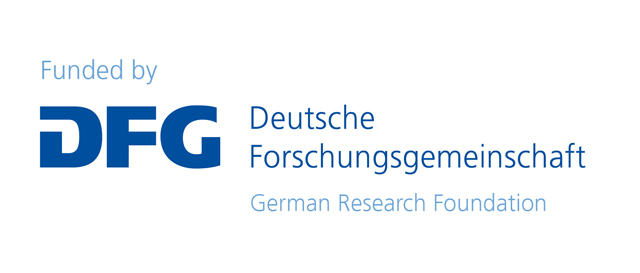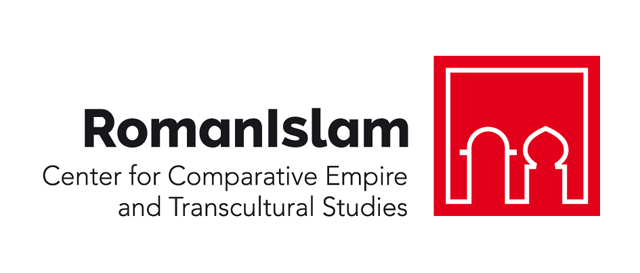Land, Taxation and the Power of State
"Why Roman Africa Differed: Land, Taxation, and the Power of the State" by Paolo Tedesco
Different as they were, the Latin kingdoms that succeeded the Roman Empire in the west in the fifth century had a lot in common. They developed in an environment where Roman political ideas and practices played a crucial role. The coherence of the political and socio-economic ties which had bound together the western Mediterranean coast and its hinterlands for the fourth and much of the fifth centuries explains the close similarities between the evidence from the Burgundian and Visigothic kingdoms, and the evident influence of these earlier settlements on arrangements in Odoacer’s and Theodoric’s Italy. Therefore, it is no accident that the one area of the western Mediterranean core that produced a different class of evidence, Africa, was settled and re-organized in a radically different process. Here, military conquest and distinct economic and social structures allowed the Vandal kings to target the lands of the senatorial aristocracy and the Catholic church, using administrative instruments which differed not only from the familiar regulation of military billeting (hospitalitas), but also from the system based on the transfer of tax revenues. This paper looks at precisely how the Vandal ruling elite re-organized the distribution of land and the collection of taxes in the scenario after the conquest. It also explores how this new pattern affected the economic and social relations on the ground.
 Dr. Paolo Tedesco is Lecturer of Ancient History at the University of Tübingen. His main research interests include the social and economic history of Late Antiquity and the Middle Ages, comparative agrarian history, the fate of the peasantry across different types of societies, and historical materialism.
Dr. Paolo Tedesco is Lecturer of Ancient History at the University of Tübingen. His main research interests include the social and economic history of Late Antiquity and the Middle Ages, comparative agrarian history, the fate of the peasantry across different types of societies, and historical materialism.
Read his interview here.
"Land, Taxation and the Power of State: Taxes and Tax Evasion in Early Islamic Egypt" by Jelle Bruning
The fiscal administration of Egypt under the Umayyad caliphs, who ruled from Damascus between ca. 660 and 750 CE, produced a wide array of documents, from carefully composed administrative letters to dry fiscal overviews, which were written in Arabic, Coptic and Greek. Thanks to Egypt’s exceptionally dry climate, many such documents have been preserved. They are an unparalleled source for historians of the administrative organisation of the early Islamic empire and the taxes it levied on its Muslim and non-Muslim subjects. This presentation first brings together these sources, especially an information-rich corpus from ca. 700 CE, and studies the organisation of Egypt’s Umayyad tax system at different levels of the administration. The presentation will then turn to how Egypt’s Umayyad governors dealt with tax evasion, in particular with the abandonment of agricultural land, and initiated reforms with the aim to tighten their grip on Egypt’s taxpayers.
 Dr. Jelle Bruning is Lecturer for Middle Eastern Studies / Arabic at the Leiden University. He specializes in the social and intellectual history of early-Islamic Egypt (ca. 640-1000 CE). He works extensively with documentary sources in Arabic, Coptic, and Greek and contemporary literary texts. In 2018, he published a monograph on the centrality of Fustat during the reigns of the Rightly-Guided and Umayyad caliphs. He currently works on a critical edition, translation and study of Ibn al-Sabbagh's late-10th-century treatise on Alexandria's religious merits.
Dr. Jelle Bruning is Lecturer for Middle Eastern Studies / Arabic at the Leiden University. He specializes in the social and intellectual history of early-Islamic Egypt (ca. 640-1000 CE). He works extensively with documentary sources in Arabic, Coptic, and Greek and contemporary literary texts. In 2018, he published a monograph on the centrality of Fustat during the reigns of the Rightly-Guided and Umayyad caliphs. He currently works on a critical edition, translation and study of Ibn al-Sabbagh's late-10th-century treatise on Alexandria's religious merits.


